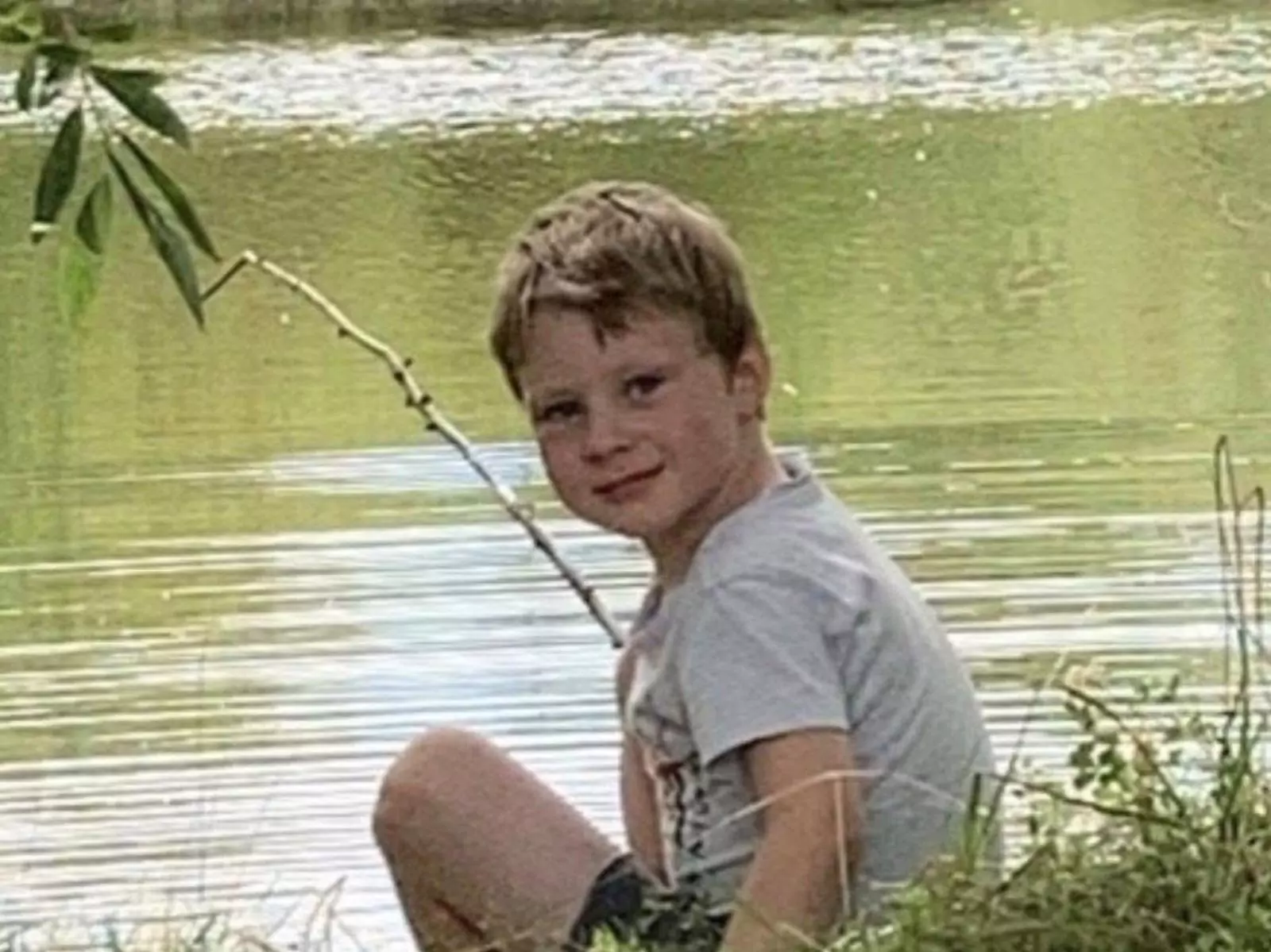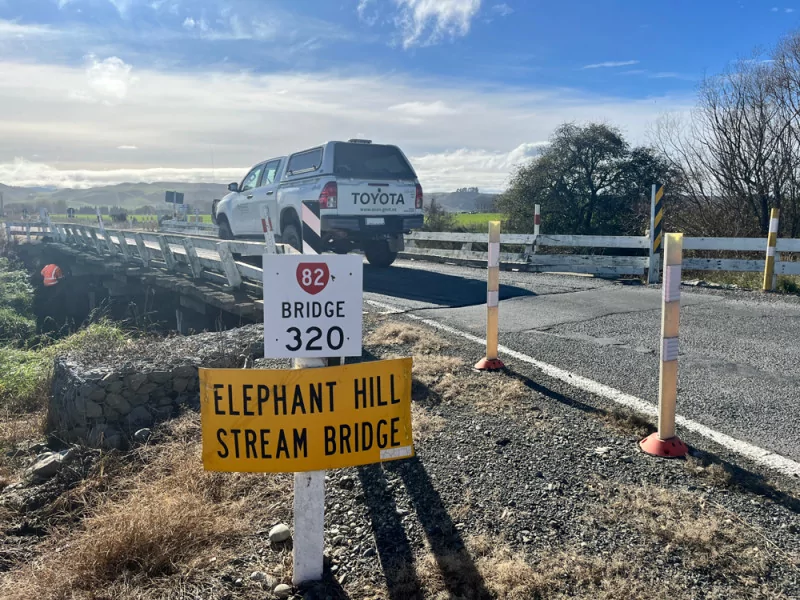Escaped youth tracked by Eagle helicopter, found hiding in New Brighton
The young person who escaped from a youth justice facility in Rolleston has been located...
Foreign Minister Winston Peters says the greyhound racing industry should use its own financial reserves to manage the Government-imposed shutdown, not rely on support from taxpayers.
Speaking to chrislynchmedia.com, Peters said the industry had received repeated warnings over animal welfare concerns and had failed to respond meaningfully, despite multiple independent reports.
“There was an independent report in 2013, again in 2017, and again in 2021. They all pointed to serious problems. Too many dogs were being injured and too many were dying,” Peters said.
He said the Government believed around 1500 greyhounds would need to be rehomed, down from earlier projections of nearly 3000.
“We believe with proper planning, public support, and the help of groups like the SPCA, this can be managed. The interim group in charge of the transition is very experienced, and I have confidence in their ability to get this right.”
Peters dismissed suggestions that trainers and owners should be compensated.
“The industry is not broke. It has serious reserves. That is where it should look first, not to the New Zealand taxpayer. This decision is based on extensive evidence and cross-party political support.”
He added that the industry must be held accountable for the welfare of the dogs, saying safeguards would be in place to ensure greyhounds were genuinely rehomed and not quietly disposed of.
“You cannot run down an industry with this kind of history and expect the public to pick up the bill. They were warned, and now they must act responsibly.”
Asked about the industry’s legal challenge in the High Court, Peters said he was unable to comment due to legal restrictions.
Peters also spoke about the deteriorating situation in the Middle East, saying New Zealand had joined 27 other countries in issuing a joint statement calling for an end to the war in Gaza.
“Too many lives have been lost. Too many people are being traumatised, polarised, and the horror continues. The international community is demanding action,” he said.
Peters acknowledged frustration over the continued violence, particularly in the wake of Hamas’s October 7 attacks and the disproportionate military response by Israel.
“We are hearing horrific stories every day. Civilians are dying. Hostages have still not been returned. The suffering is immense. But we are also seeing more countries, including in the Middle East and across the democratic world, taking a stand.”
He said New Zealand had engaged with countries such as Egypt and the Palestinian Authority, and backed diplomatic efforts led by the United States.
“There is hope. The same pressure that helped de-escalate the Iran-Israel conflict must now be applied to bring peace to Gaza. We have spoken to Muslim and Western countries. Everyone is trying to find a path to peace.”
The Foreign Minister also criticised the Māori Party for poor attendance in Parliament and accused it of failing to meet basic legal and electoral standards.
“I have been in Parliament more than all Māori Party MPs combined this year, despite also being the Foreign Minister and travelling for the country. That should be a major story,” Peters said.
He accused the party of operating without proper accountability and said it raised concerns about unequal treatment.
“There seems to be a form of inverted racism here. If any other party had the same record of failing to comply with the Electoral Act or Charities legislation, there would be consequences. But somehow, this is being overlooked.”
Peters said he would continue to challenge what he called the “double standards” applied to the Māori Party and reiterated New Zealand First’s position as a nationalist party focused on democratic values and equality before the law.
“We are standing up for the principles this country was built on. That message is resonating with people who feel the New Zealand they once knew is slipping away.”


